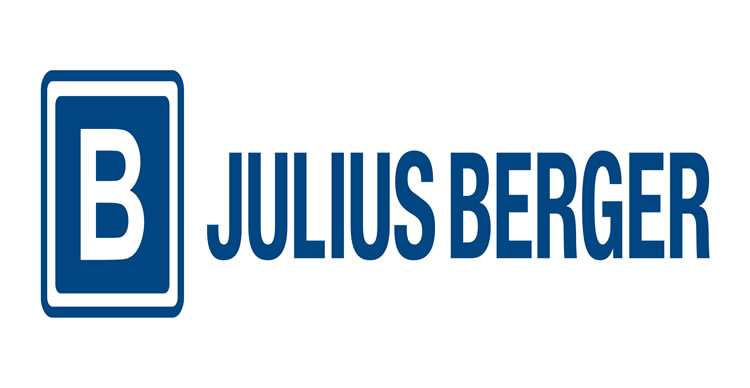Julius Berger Nigeria Plc, a leading construction company, has marked a significant milestone in its commitment to Nigeria’s industrial and technological advancement with the graduation of its first cohort of trainees from the Vocational Skills Support Programme and the simultaneous launch of the Julius Berger Vocational Skills Academy in Abuja. This multifaceted event underscored the company’s dedication to empowering Nigerian youths with practical skills, fostering self-reliance, and bridging the nation’s technical skills gap. The event, attended by representatives from key industry bodies like the Industrial Training Fund and the Council of Registered Builders of Nigeria, showcased Julius Berger’s proactive role in shaping Nigeria’s vocational landscape.
The graduation ceremony celebrated the achievements of 30 trainees who successfully completed intensive programs across various disciplines, including carpentry, masonry, plumbing, electrical works, mechanical repairs, and auto diagnostics. These newly skilled artisans are now equipped to contribute meaningfully to Nigeria’s growing industrial sector, armed with the practical knowledge and expertise gained through the program. Simultaneously, the program welcomed 40 new trainees, representing the next generation of skilled professionals Julius Berger is committed to nurturing. This cyclical intake and graduation system ensures a continuous flow of skilled labor into the Nigerian economy, strengthening its workforce and driving industrial growth.
The launch of the Julius Berger Vocational Skills Academy further solidifies the company’s commitment to institutionalizing vocational training in Nigeria. The academy aims to provide a structured and sustainable platform for skills development, offering hands-on practical learning, industry-relevant knowledge, and professional certification. This initiative is poised to make a significant impact on Nigeria’s vocational sector, addressing the skills gap and creating a pipeline of qualified professionals to meet the demands of a rapidly evolving industrial landscape. The Academy’s comprehensive approach to training, combining practical experience with theoretical knowledge, ensures graduates are well-prepared to excel in their chosen fields.
Dr. Peer Lubasch, Managing Director of Julius Berger Nigeria Plc, highlighted the three-in-one event as a testament to the company’s investment in Nigeria’s future. He emphasized the importance of transferring critical technical skills to support the nation’s industrial growth and commended the graduates for their dedication and hard work. Dr. Lubasch also welcomed the new intake of trainees, encouraging them to embrace the opportunity to gain valuable skills and build successful careers. His vision for the program extends beyond simply training individuals; it aims to contribute to the overall development of Nigeria’s industrial sector by providing a steady stream of competent and qualified professionals.
The contributions of the Board Chairman, Mutiu Sunmonu, and Dr. Lubasch to fostering skills development were also recognized and praised by Dr. Abdulaziz Kaita, Director of Administration. Their leadership and vision have been instrumental in shaping the company’s positive impact on Nigeria’s industrial development. Sunmonu, addressing the graduates, underscored the crucial role of technical skills in driving economic and infrastructural progress, urging them to maintain diligence, trustworthiness, and open-mindedness throughout their careers. He emphasized the importance of these qualities not only for individual success but also for the collective advancement of the nation’s industrial sector.
A key aspect of Sunmonu’s message was the encouragement of gender inclusivity within the vocational program. Recognizing the importance of diverse perspectives in driving innovation, he stressed the need for greater female participation. This commitment to inclusivity reflects Julius Berger’s understanding that a diverse workforce is a stronger workforce, and that empowering women in technical fields is essential for sustainable development. The company actively seeks to create opportunities for women and other underrepresented groups to participate in the program and contribute to Nigeria’s industrial growth. The program’s provision of professional tools to graduates further empowers them to embark on their careers equipped for success. This practical support, combined with the comprehensive training received, ensures graduates are well-prepared to enter the workforce and make immediate contributions to their chosen fields. The impressive project presentations by the graduating class served as a testament to the quality of the training and the dedication of the trainees, further reinforcing the program’s value and impact.














